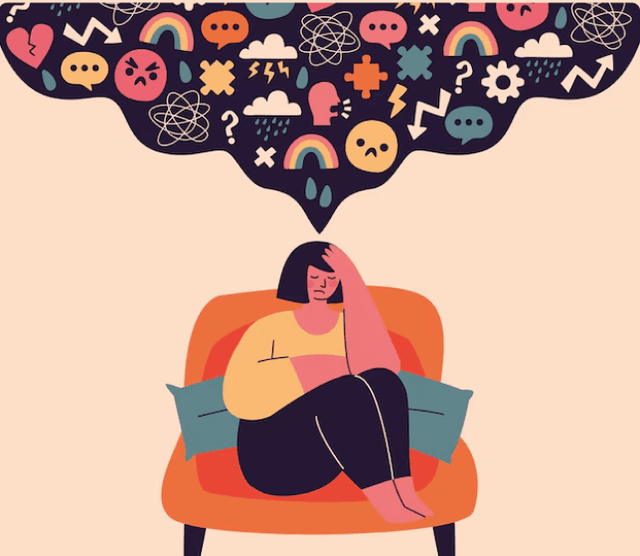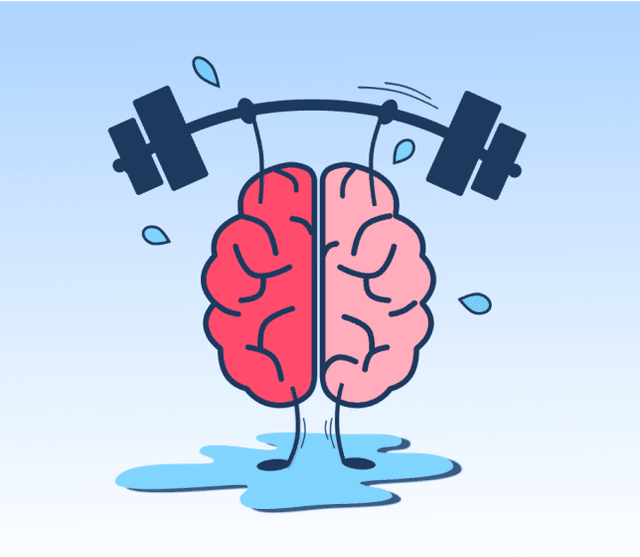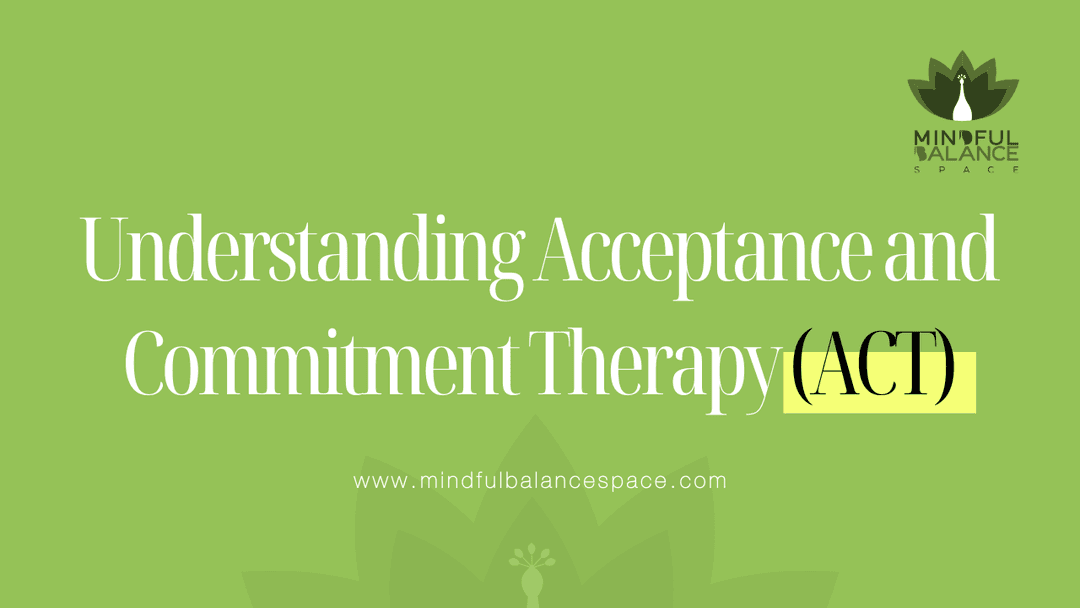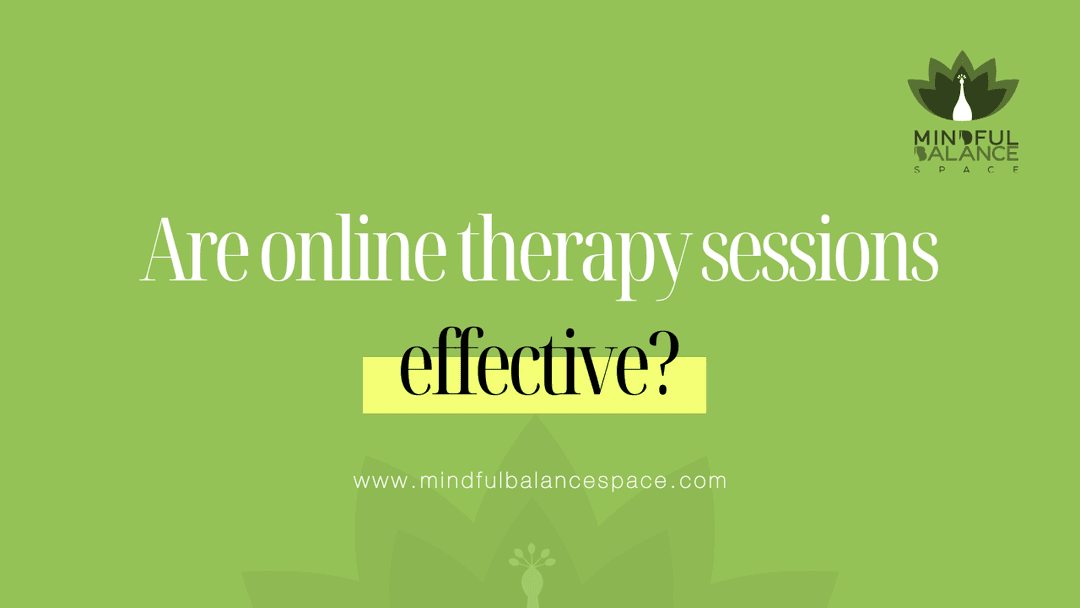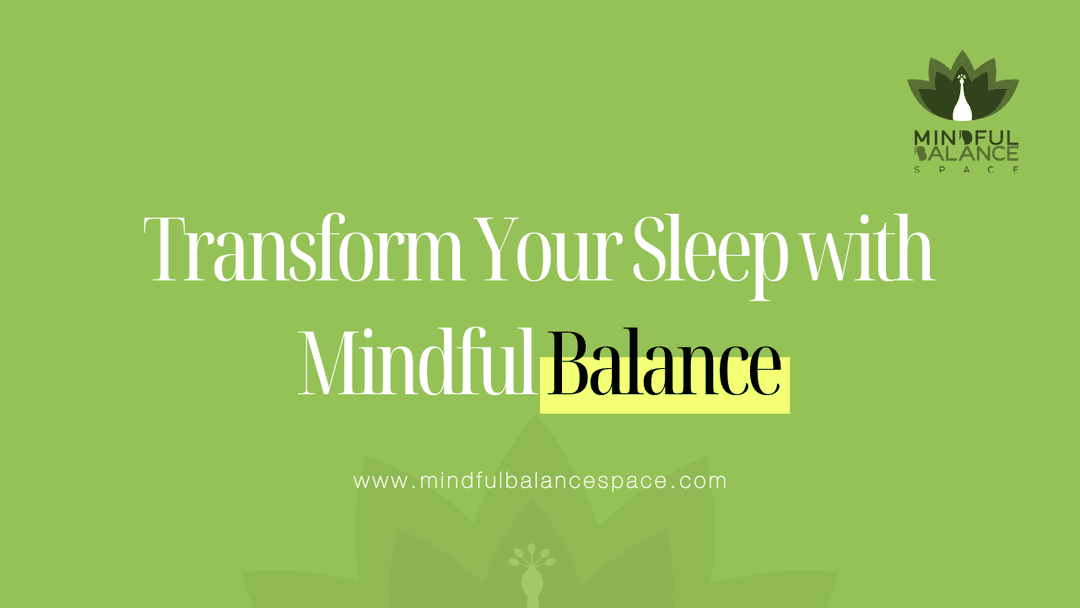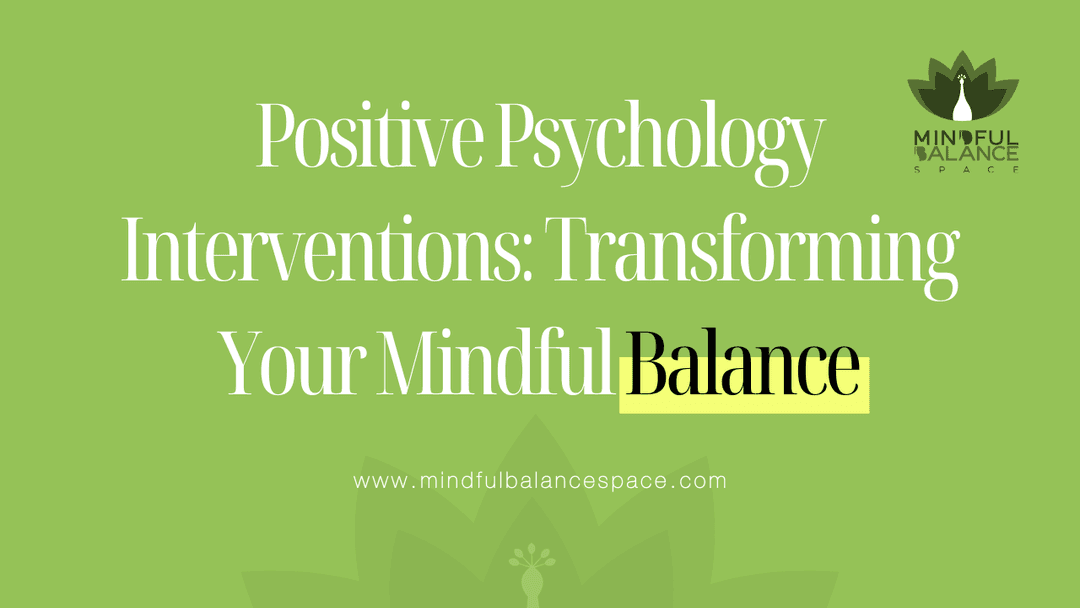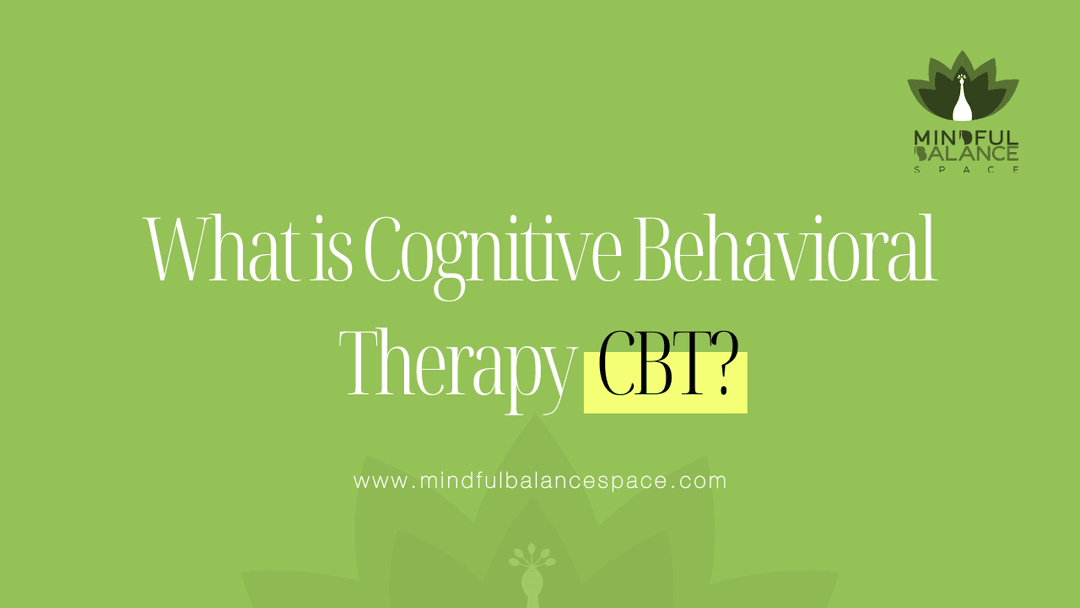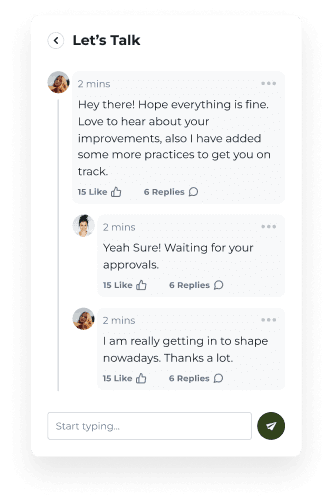Blog
Understanding Cognitive Behavioral Therapy (CBT): Benefits, Techniques, and Applications
- By Devanshi
Discover the benefits, techniques, and applications of Cognitive Behavioral Therapy (CBT). Learn how it helps manage anxiety, depression, and other mental health conditions.

What is Cognitive Behavioral Therapy?
Cognitive Behavioral Therapy, or CBT, is a specific type of evidence-based psychotherapy. It is structured and aimed at identifying and changing negative thought patterns and behaviors. In other words, the core intervention for clients in CBT is to perceive and respond differently to the thoughts and feelings they experience. CBT is commonly used in the treatment of mental health disorders, such as anxiety disorders, depression, PTSD, and OCD.
CBT assumes that thoughts, feelings, and behaviors are interconnected and that changes in one of them can effect positive change in the others. It focuses on real-life issues and teaches practical skills so the individual may be able to act as his or her own therapist long after therapy is over.
How Does Cognitive Behavioral Therapy Work?
In CBT, the cognitive model is based on the principle that our thoughts are what determine our feelings and behaviors. When an individual faces a challenging situation, his interpretation of the event determines the emotional and behavioral responses. For instance, if a person is rejected at work and interprets the rejection as "I am not good enough," then one may exhibit worthlessness and avoidance behaviors.
CBT can be applied through cognitive restructuring in order to challenge the process of identifying, evaluating, and replacing distorted or unhelpful thinking with balanced and constructive ways of thinking. It is often termed as "thought challenging." Techniques through which these strategies are undertaken include exposure therapy, behavioral activation, and mindfulness-based approaches to improve resilience and help manage symptoms better.
The clinician and the patient usually specify particular goals for a CBT session, accompanied by a treatment plan. Situations that require negative thoughts to be solicited might also be discussed; one can learn how to monitor one's automatic thoughts and even how to practice new ways of responding to them. Keeping a journal of thoughts or practicing relaxation techniques are typically a part of homework in any CBT regimen.
Critical Benefits of Cognitive Behavior Therapy.
CBT offers enormous benefits to the people suffering from mental health disorders. CBT is also well known as one of the short-term goal-oriented treatments that assure long-lasting results. Some of the main benefits of Cognitive Behavioral Therapy are listed below:
Very Effective for Anxiety and Depression Treatments
- CBT is considered to be one of the most active treatments given for the anxiety and depression disorders. It guides the person to note the negative patterns of thought leading to anxiety or even sadness, provides techniques to overcome these cycles, and helps learn new ways to break out of the cycles.
Helps in managing stress and boosts control over emotions
- Cognitive-behavioral therapy educates people to better handle stressful situations. The skill acquired enables an individual to Bett. Better manage his thoughts and emotions, leading to further emotional regulation and satisfaction with one's self.
Effective in the Treatment of PTSD and Disorders Resulting from Trauma
- Trauma-focused CBT is significantly effective in PTSD and other conditions involving trauma. It enables an individual to process and change their traumatic memories, such that reduction in distress associated with them is achieved.
Plays a Wide Range of Behaviors
CBT, beyond mental health disorders, can also help in behaviors like procrastination, social withdrawal, and other forms of damaging behavior. It presents the possibility of behavior change to positive recommendations. Empowers the Individual to Function Independently
CBT teaches many skills in self-help. When people master these skills, they are, therefore less dependent on their therapists and can even take care of themselves.
Conditions Applies Widely from bipolar disorder to personality disorders, eating disorders, and many more, CBT has been suited to accommodate an almost all-encompassing array of psychological concerns. It is adaptable in so far as it can adjust to the needs of each unique individual.
Core Techniques Used in Cognitive Behavioral Therapy
CBT uses several techniques to assist with various issues. Some of the core techniques include the following:
- Cognitive Restructuring (Thought Challenging): It is the process of monitoring those distortions and changing them into less distorted ideas.
- Behavioral Activation: This is one technique used to treat depression. Most people engaging in activities that have brought much joy in the past help shift moods and reduce avoidance behaviors.
- Exposure Therapy: This is an excellent technique in dealing with anxiety and PTSD, where patients are gradually trained to face feared situations or memories, eventually reducing their effect over time.
- Mindfulness-Based CBT: It incorporates mindfulness techniques that help one be mindful, thus having a non-judgmental view of thoughts and emotions.
Applications of Cognitive Behavioural Therapy in the Treatment of Mental Illness
CBT is widely used in the treatment of many mental illnesses, among which are:- Generalized Anxiety Disorder (GAD): CBT enables GAD subjects to challenge illogical fears and live out more constructive ways of thinking about issues or conditions that cause anxiety.
- Obsessive-Compulsive Disorder (OCD): ERP, which is also a type of CBT, is arguably the most effective treatment of OCD. It is an exposure procedure where a patient is exposed to their fears and compulsions are prevented from occurring.
- Eating Disorders: CBT in respect to eating disorders involves working with negative thought patterns about body image and other matters toward food and eating, thus helping individuals create a healthier relationship with food and themselves.
Conclusion
Cognitive Behavioral Therapy is one of the most versatile and evidence-based approaches for handling a number of mental health issues. Changing patterns of thought, behavioral patterns, CBT empowers one to control their mental well-being in a healthier and more balanced life. Whether through traditional face-to-face sessions or modern online therapy platforms, CBT remains at the core of psychotherapy, offering hope and healing to millions around the world.
